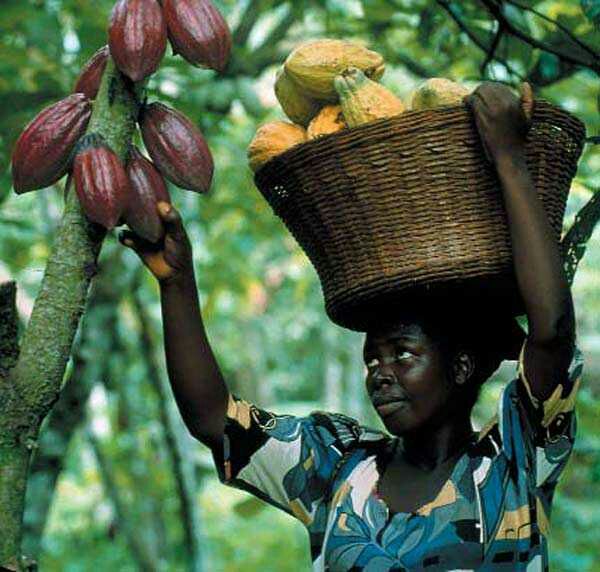The World Bank has approved a $200 million loan to Nigeria to support the government’s effort to boost agriculture.
The loan from the International Development Association, World Bank’s low-interest arm, has a maturity of 25 years with a grace periodoffive years.
The loan, is to support small and mid-scale farmers.The bank, in a statement on Friday, said about 60,000 individuals will benefit directly from the funding, of which 35 percent are women.
Similarly, about 300,000 farming households will be affected indirectly.
Nigeria slipped into its first recession in 25 years in 2016, brought on by low prices of crude oil. It has been trying to diversify away from hydrocarbons, build infrastructure and boost agriculture.
But the World Bank, in its statement, said, “Priority value chains … will include products with potential for immediate improvement of food security, products with a potential for export and foreign currency earnings.
”The funds will help tackle low yields, lack of seed capital to set up agro-factories, low-level adoption of technology and limited access to markets, the bank said.
Records show that Nigeria, Africa’s largest economy, spends $20 billion a year importingfood.
With the fall in oil prices, it has been running short of dollars, which has also weakened the local currency, the Naira.In February, the Nigerian government unveiled an economic recovery plan, tagged Economic Recovery and Growth Plan, ERGP, which included currency reforms to boost taxrevenues.
The ERGP, among other objectives, also aimsto achieve self-sufficiency in rice by 2018 and in wheat by 2019 or 2020.By the latter date, it also hopes to be a net exporter of rice, cashew nuts, groundnuts, cassava and vegetable oil, some of the cropsthe World Bank loan is meant to finance.
In January, a report released by the Famine Early Warning System Network, FEWS NET, an agency supported by the United States Agency for International Development, USAID, had warned that Nigeria faced a credible risk of famine in 2017.
The report noted that due to persistent conflict, severe drought and economic instability, Nigeria and three other countries – Somalia, South Sudan, and Yemen – were likely to be hit by famine (IPC phase 5).
The International Monetary Fund, IMF, is expected to warn Nigeria by the end of the month on its economy recovery plan.
The Washington-based organisation is not satisfied with the economic plans put in place by Africa’s largest economy, aimed at dragging it out of recession.
“Further actions are urgently needed,” the IMF said in its 68-page report, due to be released March 29.Source: Premium Times

Comments
Post a Comment